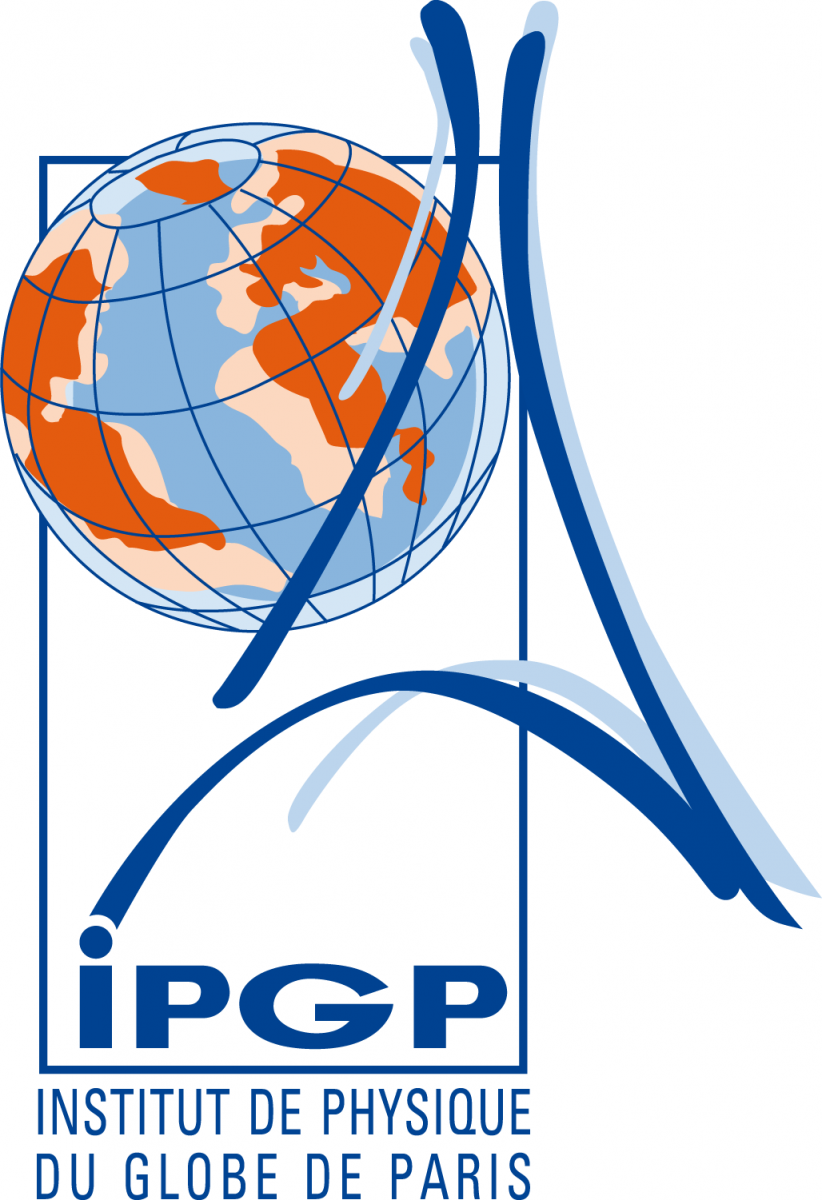Events
The volume, complexity and diversity of biological data is increasing. There is, therefore, a growing need for improving ways for scientists to interact with their data in order to obtain the most value from it. Visualisation techniques, developed for the physical and environmental sciences, and drawing on expertise from the creative arts, design and the computational sciences, are one way in which biologists will be able to mine their data effectively and intuitively.
The volume, complexity and diversity of biological data is increasing. There is, therefore, a growing need for improving ways for scientists to interact with their data in order to obtain the most value from it. Visualisation techniques, developed for the physical and environmental sciences, and drawing on expertise from the creative arts, design and the computational sciences, are one way in which biologists will be able to mine their data effectively and intuitively.
Hydrocarbon Reservoir Imaging & Characterization: Issues & Challenges in Southeast Asia (Focusing on the Solutions).
We will discuss the advances in the Geophysical Technologies, including the New Acquisition and Processing Technologies over the last 5 years, to solve the hydrocarbon-reservoir related imaging and characterization issues in Southeast Asia.
Hydrocarbon Reservoir Imaging & Characterization: Issues & Challenges in Southeast Asia (Focusing on the Solutions).
We will discuss the advances in the Geophysical Technologies, including the New Acquisition and Processing Technologies over the last 5 years, to solve the hydrocarbon-reservoir related imaging and characterization issues in Southeast Asia.
Hydrocarbon Reservoir Imaging & Characterization: Issues & Challenges in Southeast Asia (Focusing on the Solutions).
We will discuss the advances in the Geophysical Technologies, including the New Acquisition and Processing Technologies over the last 5 years, to solve the hydrocarbon-reservoir related imaging and characterization issues in Southeast Asia.
Abstract submission now open until 3rd September 2010 at: http://www.agu.org/meetings/fm10/program/abstract_submissions.php
Further details at: http://www.agu.org/meetings/fm10/
Sessions can be viewed at: http://www.agu.org/meetings/fm10/program/scientific_session_search.php
Sessions of interest to InterRidge members:
OS14:Integrated Studies at Oceanic Spreading Centers: Linking Spreading Center Processes Across Disciplinary Boundaries
Abstract submission now open until 3rd September 2010 at: http://www.agu.org/meetings/fm10/program/abstract_submissions.php
Further details at: http://www.agu.org/meetings/fm10/
Sessions can be viewed at: http://www.agu.org/meetings/fm10/program/scientific_session_search.php
Sessions of interest to InterRidge members:
OS14:Integrated Studies at Oceanic Spreading Centers: Linking Spreading Center Processes Across Disciplinary Boundaries
Abstract submission now open until 3rd September 2010 at: http://www.agu.org/meetings/fm10/program/abstract_submissions.php
Further details at: http://www.agu.org/meetings/fm10/
Sessions can be viewed at: http://www.agu.org/meetings/fm10/program/scientific_session_search.php
Sessions of interest to InterRidge members:
OS14:Integrated Studies at Oceanic Spreading Centers: Linking Spreading Center Processes Across Disciplinary Boundaries
Abstract submission now open until 3rd September 2010 at: http://www.agu.org/meetings/fm10/program/abstract_submissions.php
Further details at: http://www.agu.org/meetings/fm10/
Sessions can be viewed at: http://www.agu.org/meetings/fm10/program/scientific_session_search.php
Sessions of interest to InterRidge members:
OS14:Integrated Studies at Oceanic Spreading Centers: Linking Spreading Center Processes Across Disciplinary Boundaries





